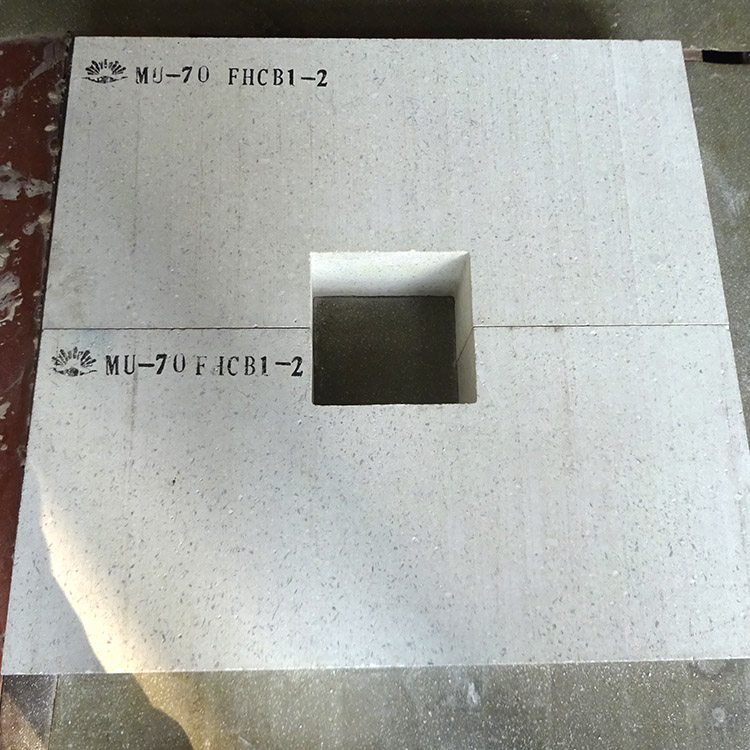.jpg?x-oss-process=image/resize,h_1000,m_lfit/format,webp)
In industrial production, equipment such as ceramic kilns often faces challenges like corrosion and high temperatures. These harsh conditions can cause significant damage to the equipment, leading to increased maintenance costs, reduced production efficiency, and compromised product quality. To address these issues, corrosion-resistant sillimanite bricks have emerged as a reliable solution.
Corrosion-resistant sillimanite bricks are fired at high temperatures, resulting in several excellent characteristics. They have a high refractoriness, ranging from 1770 - 1830°C, which means they can withstand extremely high temperatures without melting or deforming. Their load-bearing softening temperature is between 1500 - 1650°C, indicating their ability to maintain structural integrity under heavy loads at high temperatures. Moreover, they have good thermal shock stability and strong corrosion resistance, making them suitable for use in harsh industrial environments.
In glass furnaces, the high temperatures and corrosive substances pose great challenges to the lining materials. Sillimanite bricks, with their high refractoriness and corrosion resistance, can effectively protect the furnace lining. For example, a glass manufacturing company in Europe replaced its traditional lining materials with sillimanite bricks. After the replacement, the service life of the furnace lining increased by 30%, and the maintenance frequency decreased significantly, saving a large amount of maintenance costs.
.jpg)
Blast furnaces operate under extremely high temperatures and pressures, and the lining materials need to have excellent heat resistance and corrosion resistance. Sillimanite bricks can meet these requirements. A steel plant in Asia adopted sillimanite bricks for its blast furnace lining. The results showed that the erosion rate of the lining decreased by 25%, and the overall performance of the blast furnace was improved, increasing the production efficiency of the steel plant.

In ceramic kilns, the use of corrosion-resistant sillimanite bricks can provide comprehensive protection. They can prevent the penetration of corrosive substances and ensure the stability of the kiln environment. A ceramic factory in South America used sillimanite bricks in its kilns. The quality of the ceramic products improved significantly, and the defective rate decreased by 20%. At the same time, the service life of the kiln was extended, reducing the replacement cost of the kiln lining.
.jpg)
When industrial equipment does not use sillimanite bricks, it is more likely to be damaged by high temperatures and corrosion. This leads to frequent equipment maintenance and replacement, which not only increases costs but also affects production efficiency. In contrast, when using sillimanite bricks, the service life of the equipment is extended, the maintenance frequency is reduced, and the quality of the products is improved. This can bring significant economic benefits to enterprises.
Corrosion-resistant sillimanite bricks, with their excellent performance and wide range of applications, are an ideal choice for industrial equipment protection. They can provide a solid defense for industrial production, helping enterprises reduce equipment damage risks, improve product quality, and enhance competitiveness in the market. We sincerely encourage enterprises to choose corrosion-resistant sillimanite bricks to achieve better development.
Ready to enhance your industrial equipment's performance and protect it from corrosion and high temperatures? Contact us now to learn more about our corrosion-resistant sillimanite bricks and how they can benefit your business!


